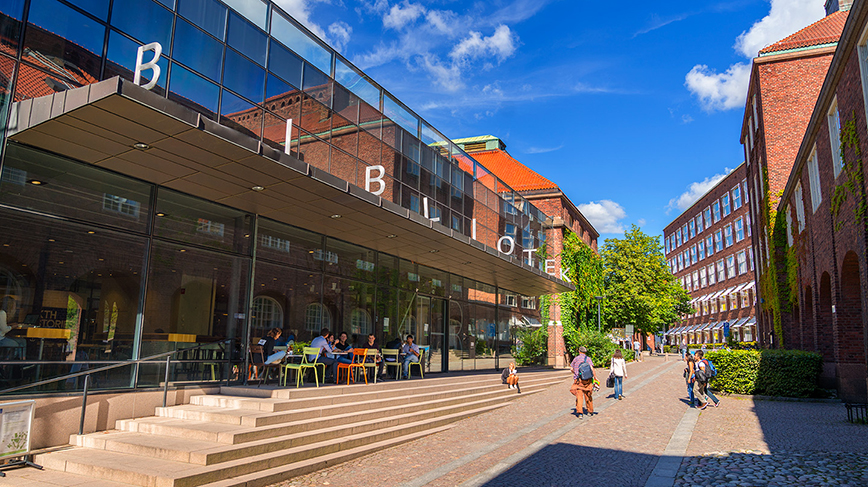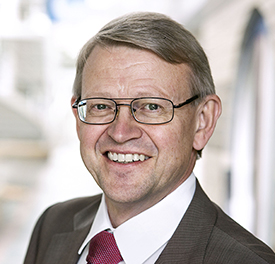Efforts on research and education show in KTH’s rise in QS Top 100

For the third consecutive year, KTH has been named a top 100 university in the QS World University Rankings. In its announcement yesterday, QS ranked KTH 89th—nine places higher than the university’s ranking in 2020.
“It’s significant,” says KTH Deputy President Mikael Östling of the new ranking. “We are focusing on quality and the numbers show this. But we’re not relaxing.”

Östling says the ranking reflects the work of hundreds of KTH faculty and staff who during the last several years have risen to the challenge of an increasingly competitive higher education landscape—particularly with Asian universities where there has been heavy investment in quality.
KTH is the second highest ranked university in Sweden (after Lund University, 87th); and it is the 16th highest ranked university in the European Union.
Numerous metrics are considered in the final result. Among these is academic reputation, where KTH’s score improved over the previous year. Nearly 5,500 universities are evaluated by QS each year. Other metrics in the final ranking are employer reputation, faculty/student ratio, citations per faculty, international faculty ratio and international student ratio.
KTH showed strong results in internationalisation—earning higher scores for proportion of international students and teacher/student ratio.
“Our alumni are very attractive internationally. We have a good number of international students. And, we have a quite international faculty,” he says.
Östling says the rankings recognise the combined strength of KTH research and education, describing the two as “correlated.”
“We set an emphasis on both research and education, that our faculty members are not only great researchers, but good teachers too,” he says.
Both research and education, he says, are supported by engagements with leading industrial partners and with national and world-leading research infrastructure, for example, the Max IV laboratory in Lund, Sweden, the Science for Life Laboratory joint research center in Stockholm, the Deutsches Elektronen-Synchrotron (DESY) in Germany, and the Myfab micro- and nanofabrication network.
Its QS top 100 status enables KTH to further expand on this base and raise the bar for education, faculty recruitment and closer strategic relations with other universities, research institutions and industry, he says. “It means a lot to us to have a high position—KTH is so much more attractive for faculty and students and a more exciting partner in Europe when it comes to project proposals.”
Looking forward, Östling says that the pandemic-expedited shift toward digital learning will continue to shape the competitive landscape in the near future. Hybrid digital-physical formats will become the standard, so adapting KTH degree programmes to this new reality is a top priority.
“Campus development is really key and we need to be in the leading edge of what the coming years will bring. We have the infrastructure enabling you to do the things you can’t do digitally, and we are focused on making hybrid learning attractive, and investing a lot in this.”
David Callahan

